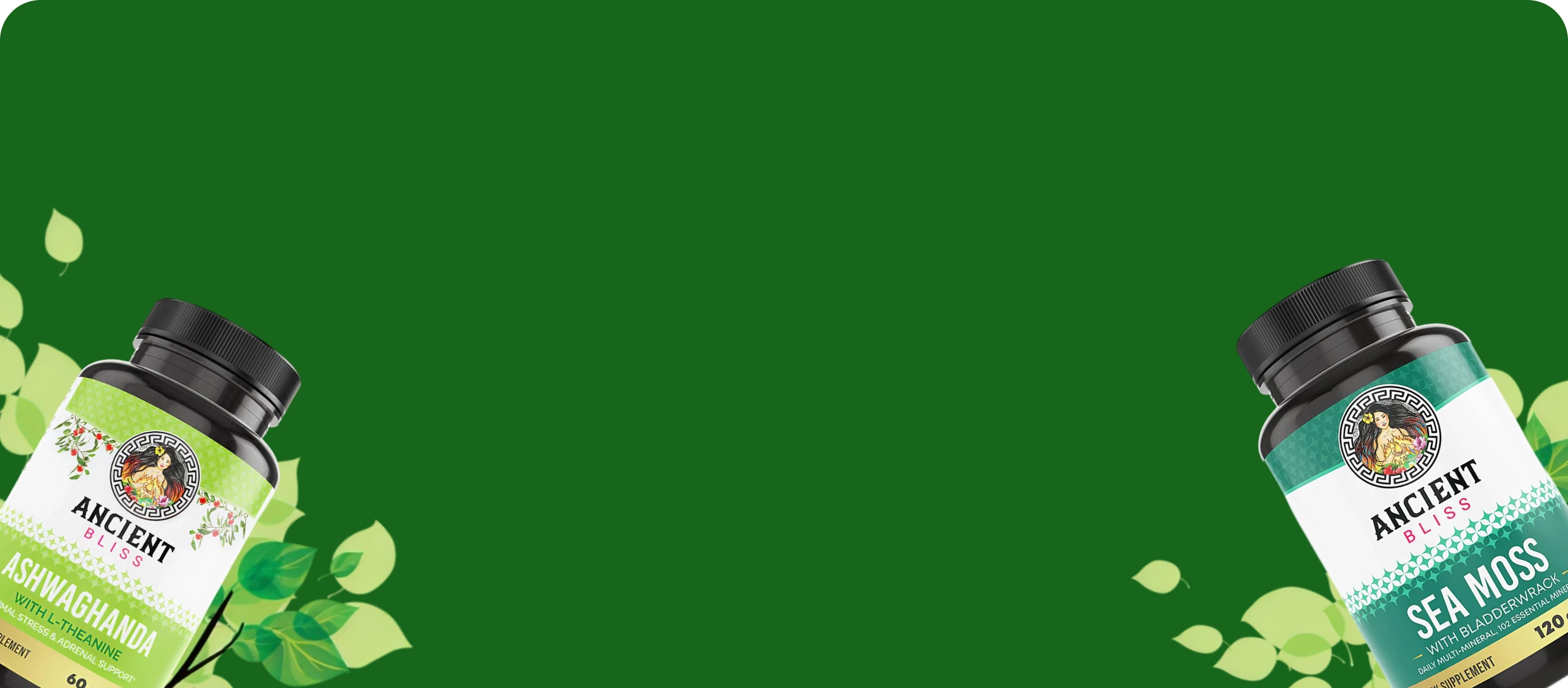What is Leaky Gut Syndrome? (And How to Heal it)

You’ve probably heard of the leaky gut syndrome recently. While seemingly made up, the condition has gained a lot of popularity in recent years, especially among folks interested in natural healing alternatives.
Interestingly, many experts in the medical field refuse to recognize leaky gut syndrome as an actual condition. But despite their opposition, a growing body of literature suggests that we should pay attention to it and find ways to treat it.
What is Leaky Gut Syndrome?
The digestive tract is a neat biological system with numerous complex functions. As its name suggests, the digestive tract plays a vital role in breaking down food and absorbing the nutrients inside.
Aside from this essential function, our digestive system also acts like a protective barrier that determines what enters the bloodstream and what doesn’t (1). When working correctly, the intestinal wall allows for beneficial compounds to enter the bloodstream and nourish the body while preventing harmful substances from wreaking havoc on our health.
Intestinal permeability measures how easily substances can pass through the intestinal wall (2). A higher permeability score is not favorable for our health because it means that all sorts of compounds enter the bloodstream.
When the gut becomes more permeable, toxins and bacteria pass from the stomach to the bloodstream, leading to various health issues. The condition is what we refer to as leaky gut syndrome.
Two possible dangers that can occur as a result of toxins reaching our bloodstream include:
Some symptoms of leaky gut include digestive issues, skin problems, fatigue, and similar (5).
What Leads to a Leaky Gut Syndrome
Two primary factors seem to cause leaky gut in susceptible individuals: gluten (a type of protein found in wheat and some grains) and bacteria. It’s worth noting that gluten might not be bad for everyone, but only for individuals with celiac disease and other similar conditions.
While researchers are yet to understand leaky gut syndrome well and how to treat it, one protein seems to be at the core of gut permeability: zonulin (6). When released, the protein increases gut permeability and might lead to a leaky gut syndrome (7).
With the above out of the way, let’s examine several factors that can contribute to an increased intestinal permeability:
- Chronic stress - research suggests that chronic stress increases the risk of digestive issues, including leaky gut syndrome (8).
- Too much alcohol - while beneficial in small amounts, frequent alcohol consumption can increase gut permeability (9).
- NSAIDs - non-steroidal anti-inflammatory drugs, such as Ibuprofen, offer benefits, but taking them for too long can increase gut permeability (10).
- Inflammation - specific inflammatory markers are linked to a higher risk of leaky gut (11).
While research is yet to paint a fuller picture regarding leaky gut syndrome, it’s safe to say that common gut health practices can reduce the risk of the condition.
How to Improve Gut Health And (Possibly) Reduce The Risk of Leaky Gut Syndrome
Since leaky gut syndrome is not an official medical condition, no specific course of treatment exists. But despite that, we can take several actionable steps to put ourselves in a better position and reduce the risk of developing the condition down the road.
1. Improve Your Nutrition
Maintaining good health starts and ends with our nutritional choices. Eating the right foods can have a profound positive impact on the gut microbiota, leading to good digestive health. Start by increasing your intake of fruits, veggies, nuts, seeds, legumes, and other similar foods. Aside from providing numerous essential nutrients, these foods offer much-needed fiber and support the growth of healthy bacteria in the gut (12).
Consuming fermented foods is also an excellent way to increase your intake of beneficial bacteria and promote a robust gut barrier (13). Fantastic options include yogurt, kefir, pickles, and kombucha.
Aside from that, it’s beneficial to limit your intake of processed foods, especially sugary varieties. According to research, sugar can promote the growth of harmful bacteria, leading to a compromised gut barrier (14).
2. Be Careful With Medications
Antibiotics and NSAIDs are two classes of essential drugs that can help the body overcome external threats. The problem is, such drugs kill helpful bacteria just as they eradicate harmful invaders (10). In many cases, doctors prescribe a probiotic supplement with antibiotics precisely because the drug can impact the gut microbiota for months.
While useful and sometimes necessary to take, it’s best to steer clear of these medications as much as you can.
3. Consider Some Supplements
The most popular supplements for gut health are probiotics. These products provide a concentrated dose of beneficial bacteria, which can affect the gut microbiota favorably, leading to better health and a lower risk of disease.
Various herbs are also linked to gut health. Some of these include ginger, red clover, and marshmallow root. We’ve combined these helpful herbs with several others (including probiotics, glutamine, rhubarb root, aloe vera, and others) in our Ancient Bliss Gut Support product.
In same category
-
![]()
What is Leaky Gut Syndrome? (And How to Heal it)
You’ve probably heard of the leaky gut syndrome recently. While seemingly made up, the condition has gained a lot of...
-
![]()
What is Leaky Gut Syndrome? (And How to Heal it)
You’ve probably heard of the leaky gut syndrome recently. While seemingly made up, the condition has gained a lot of...
-
![]()
What is Leaky Gut Syndrome? (And How to Heal it)
You’ve probably heard of the leaky gut syndrome recently. While seemingly made up, the condition has gained a lot of...





